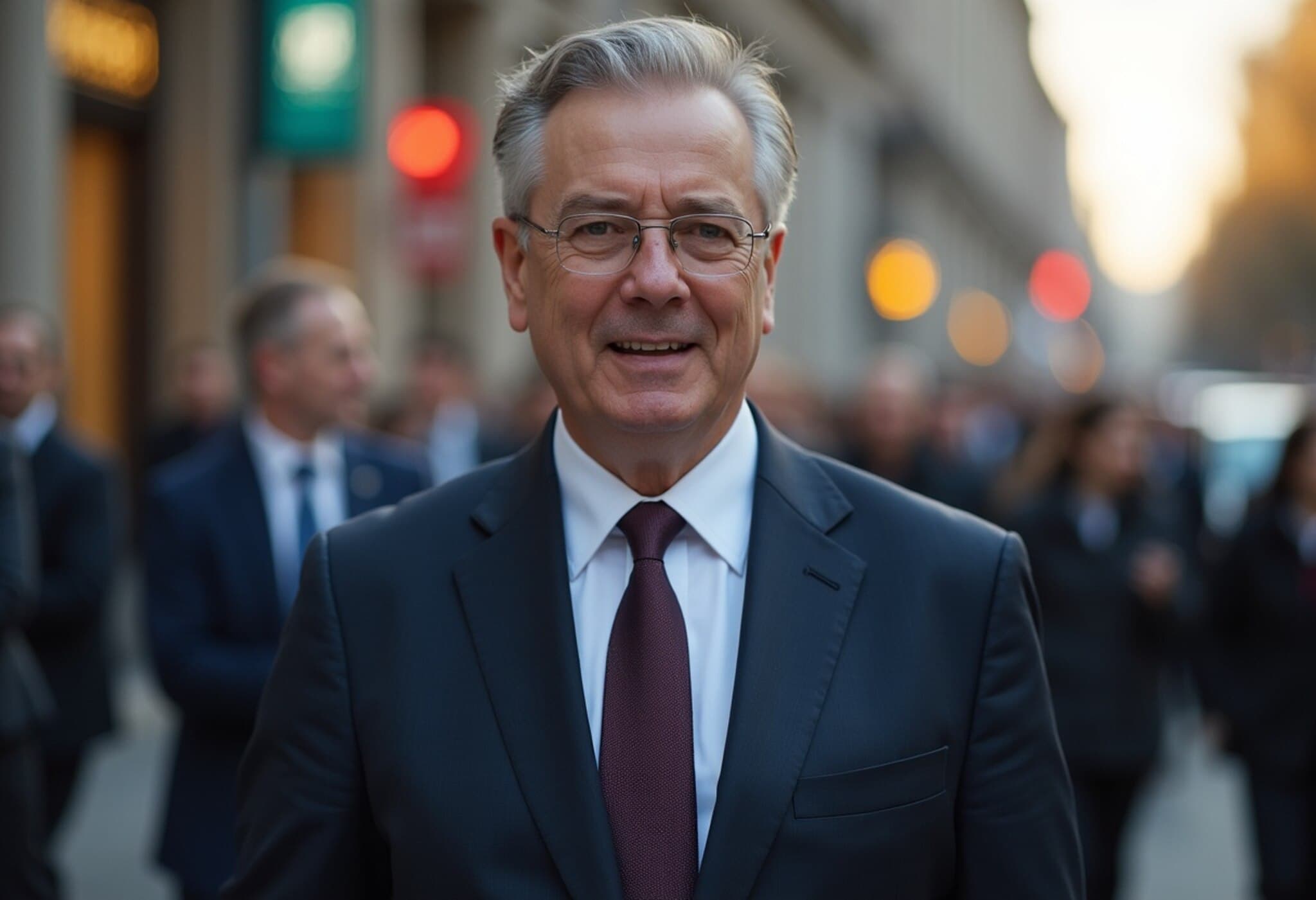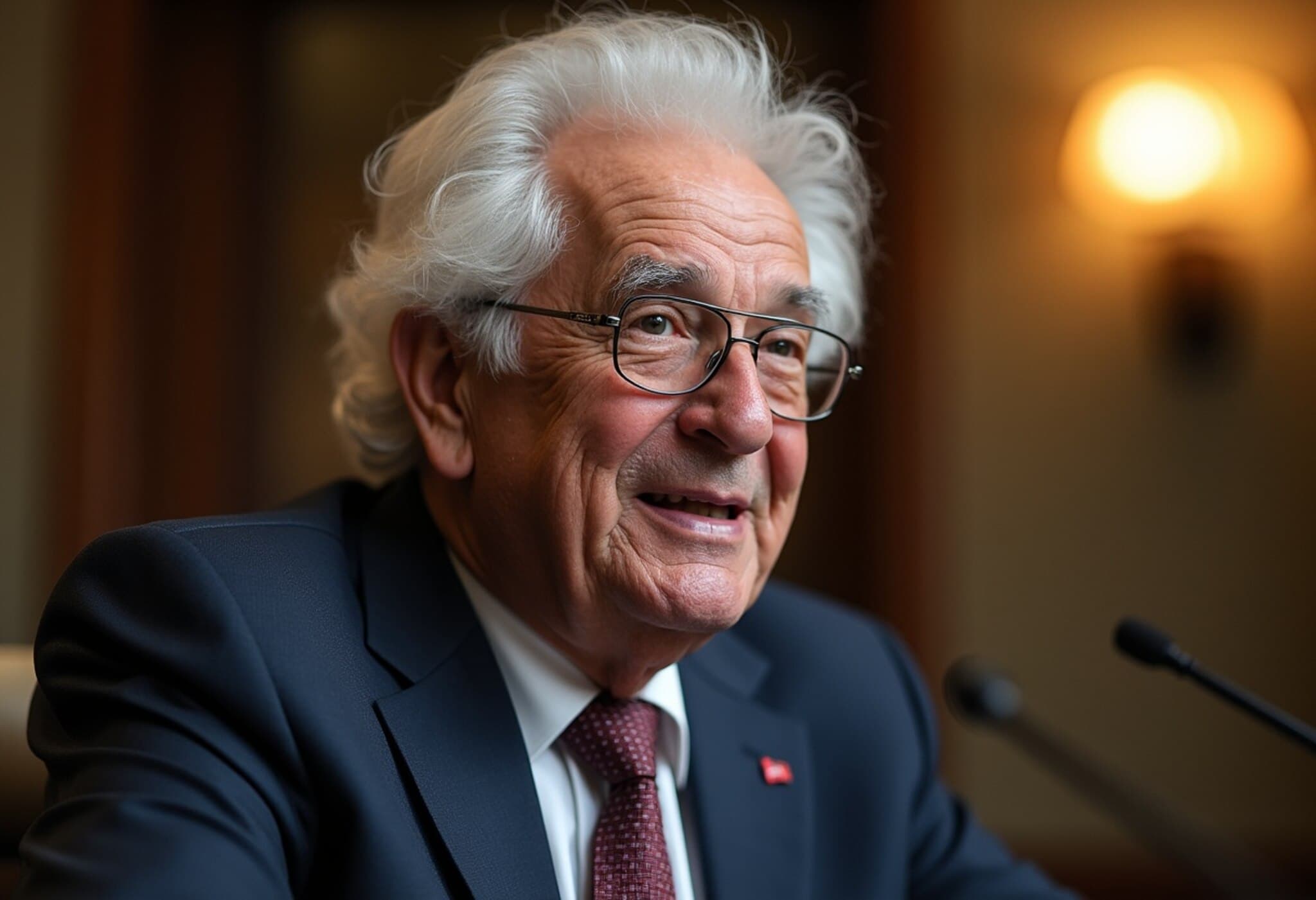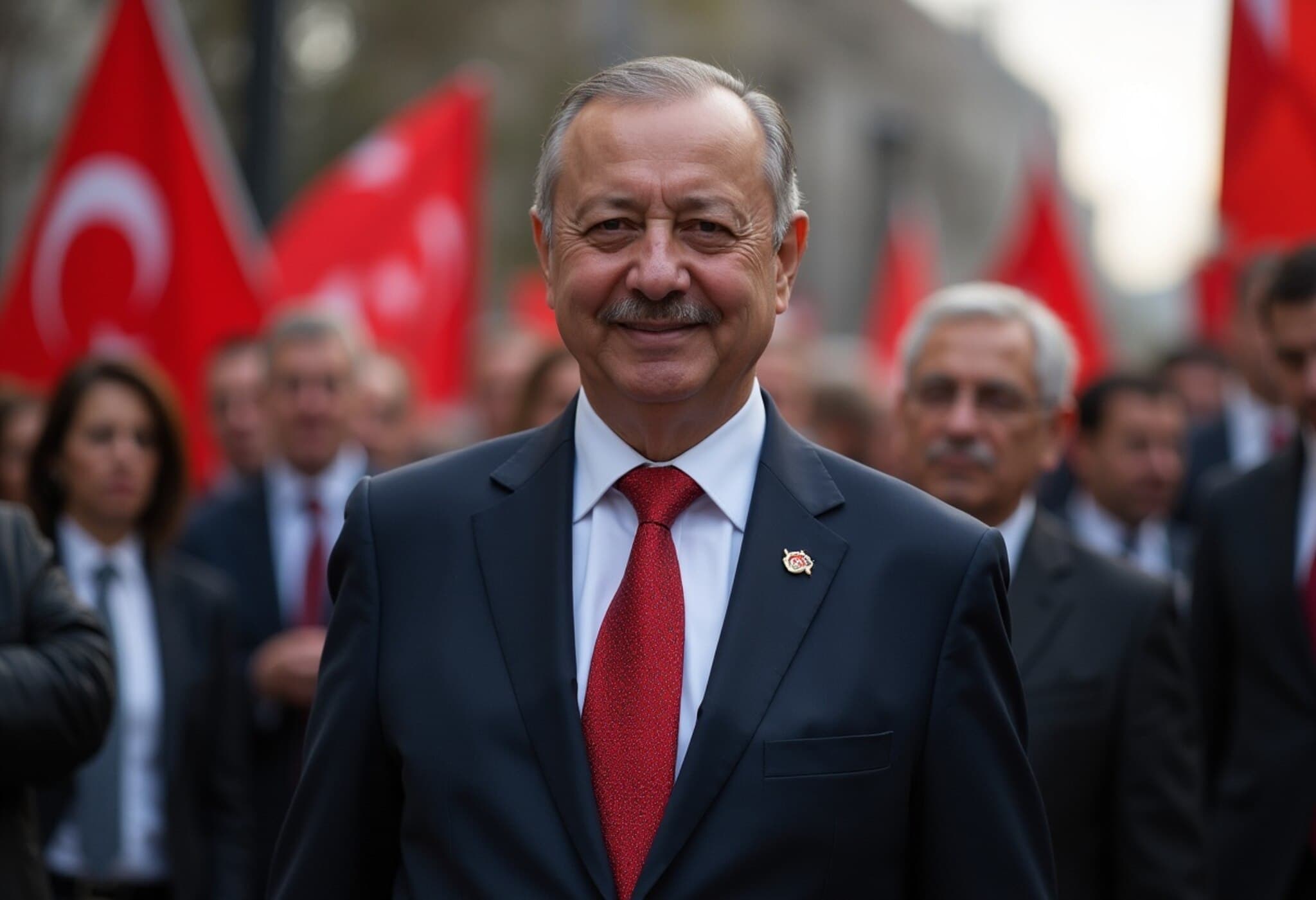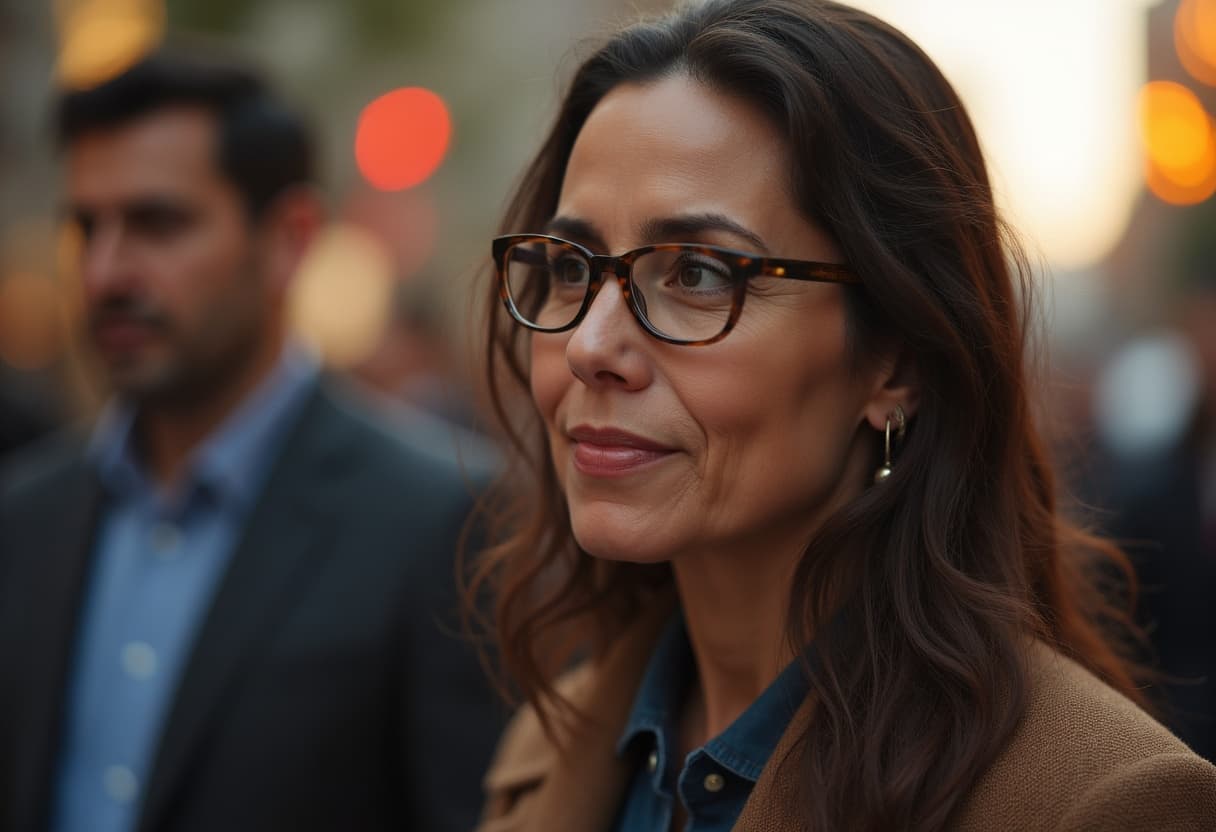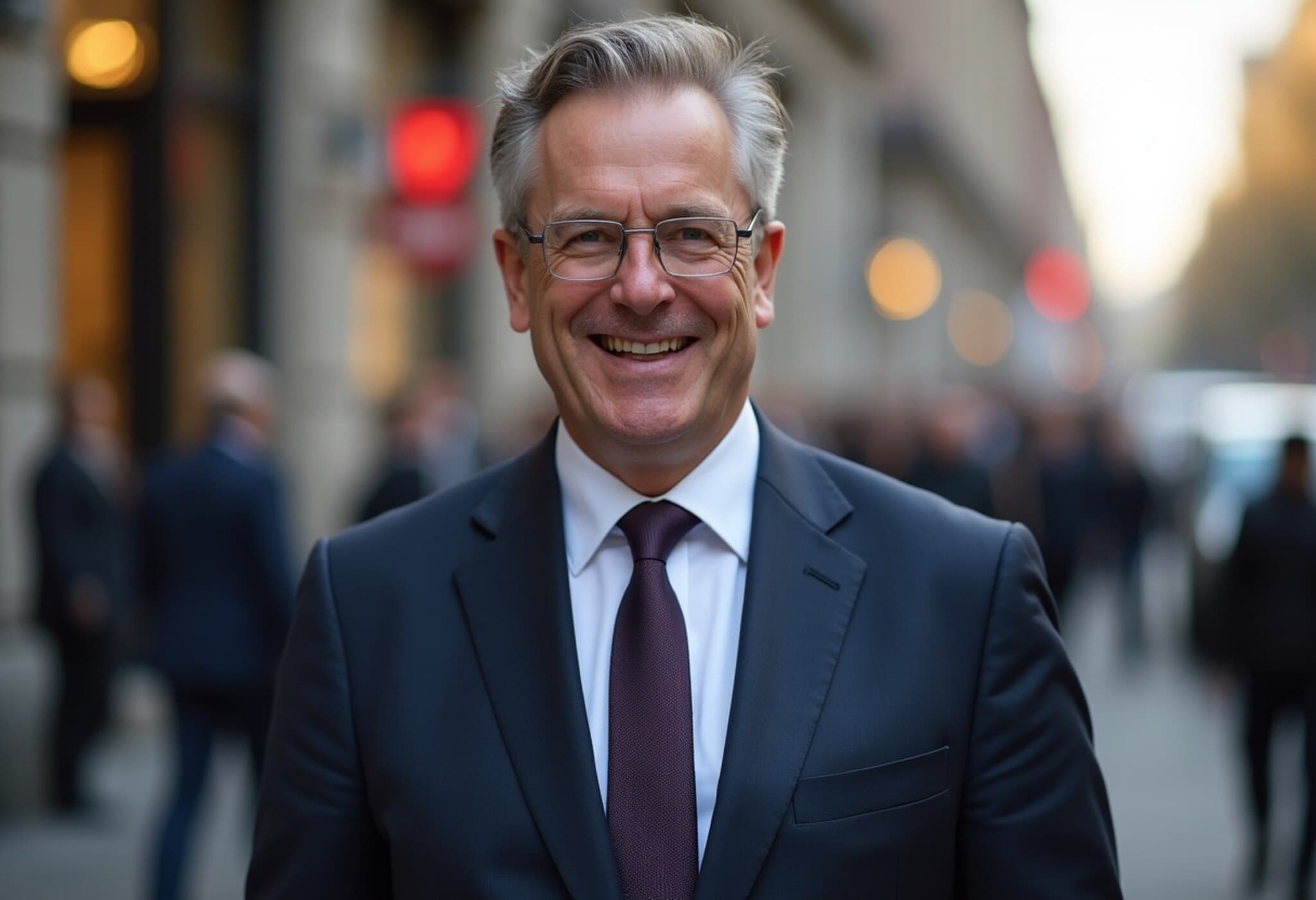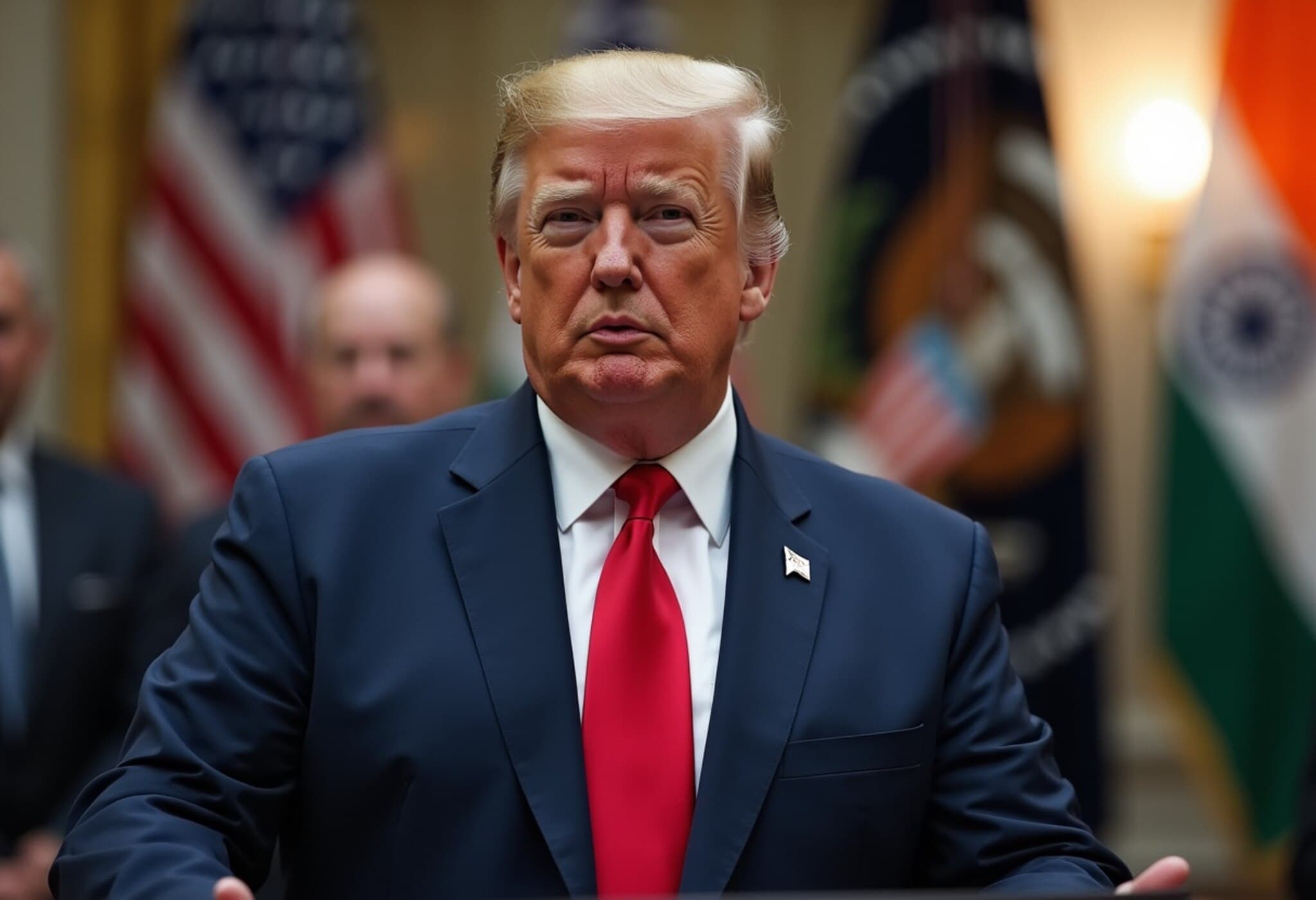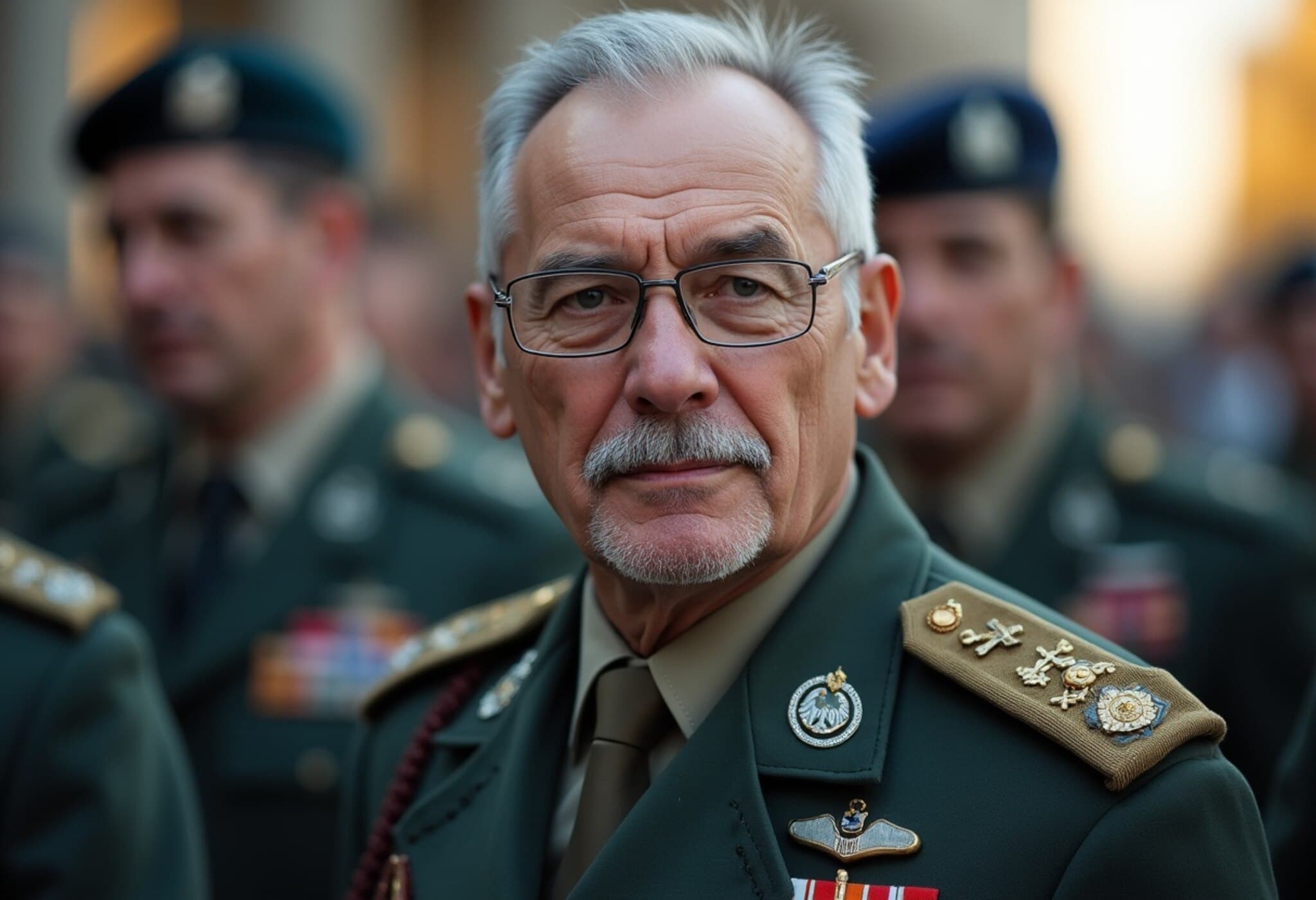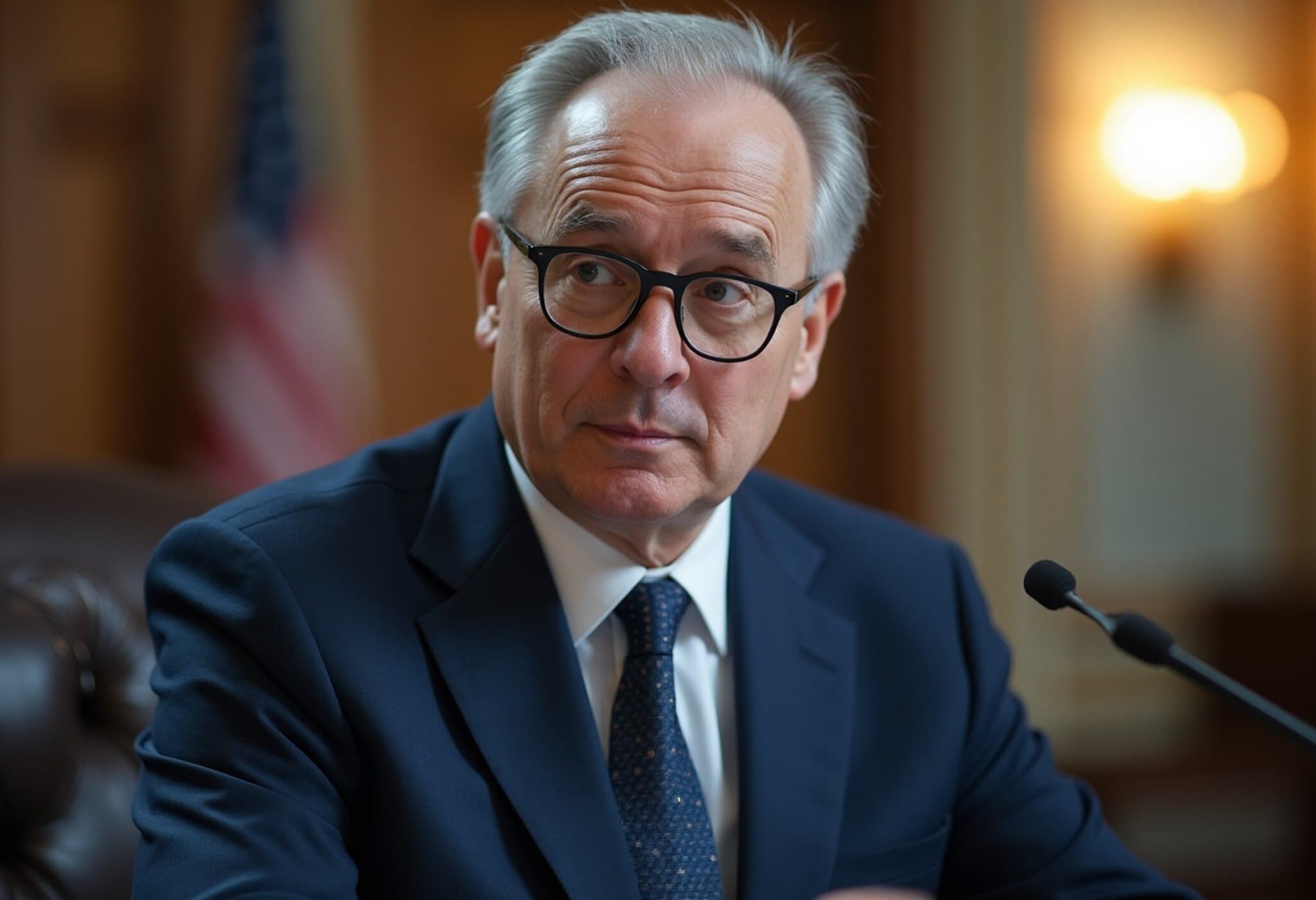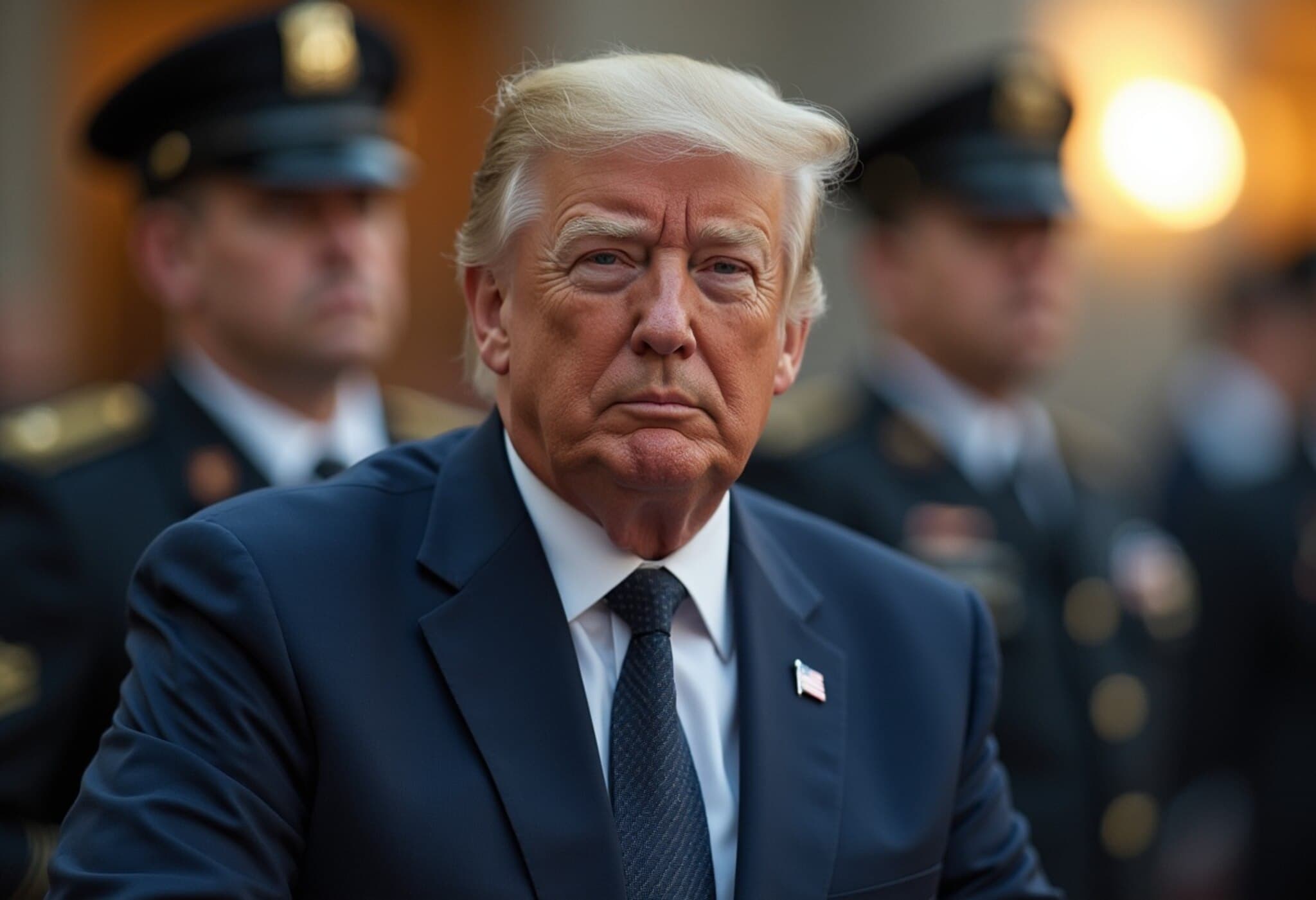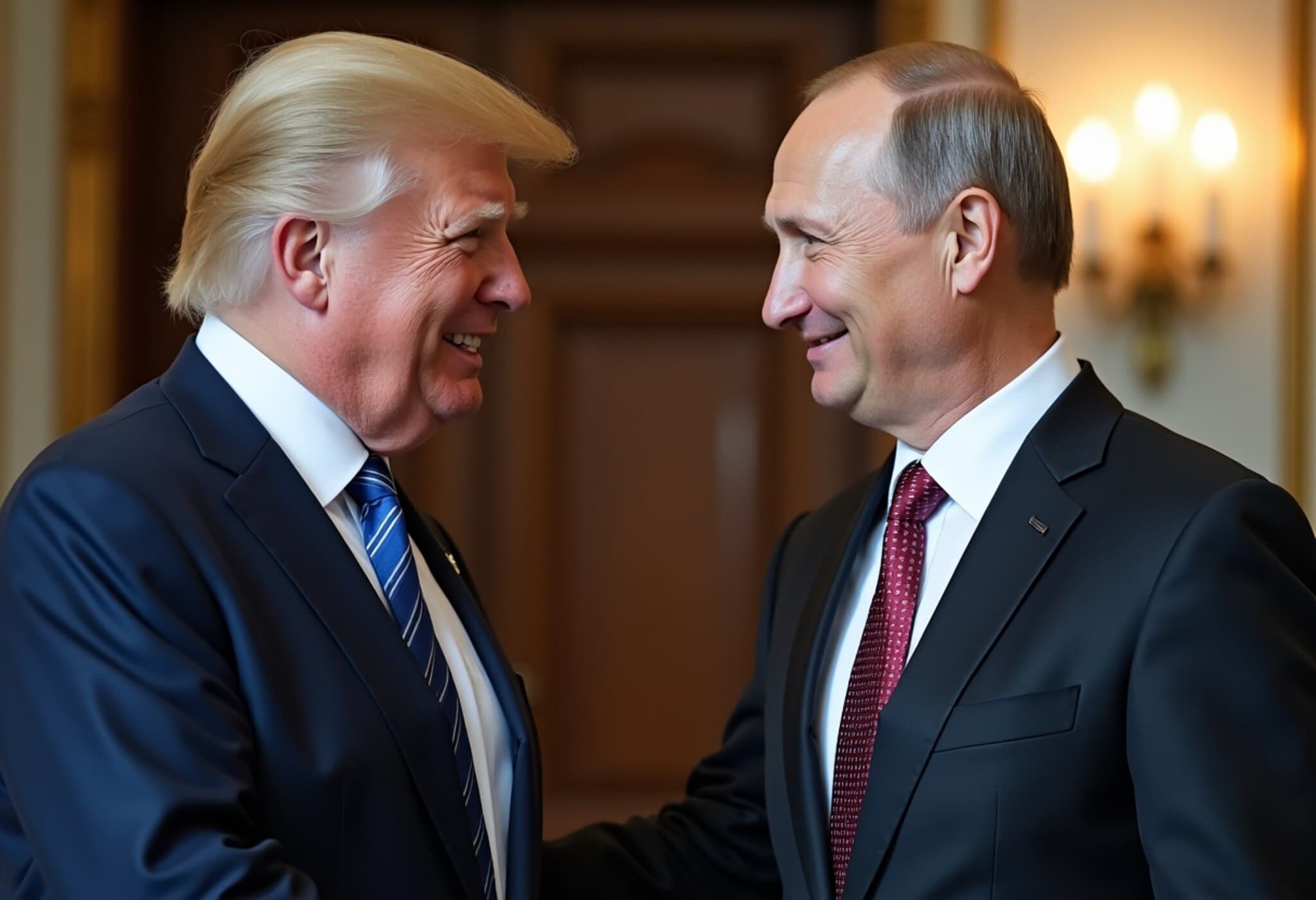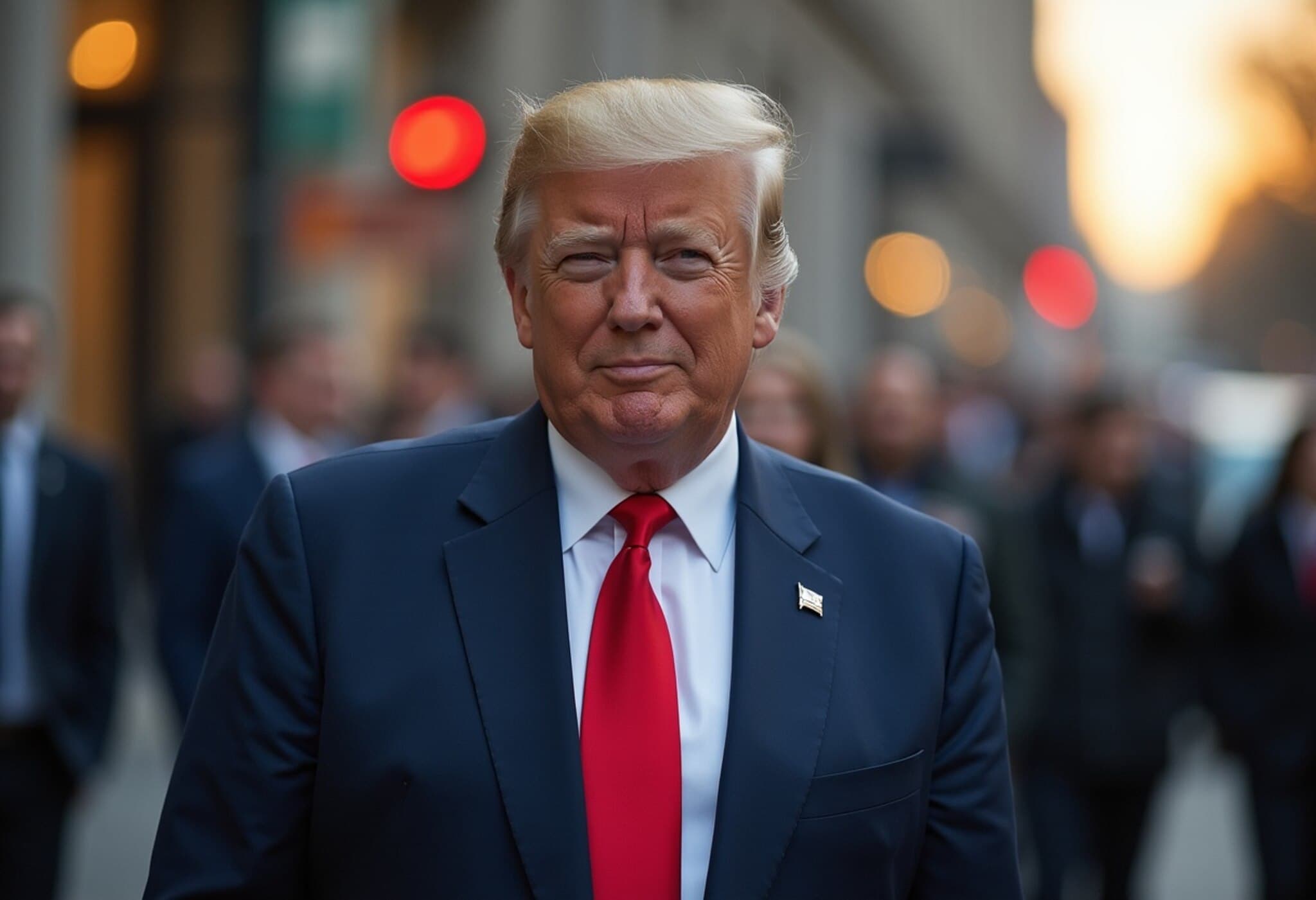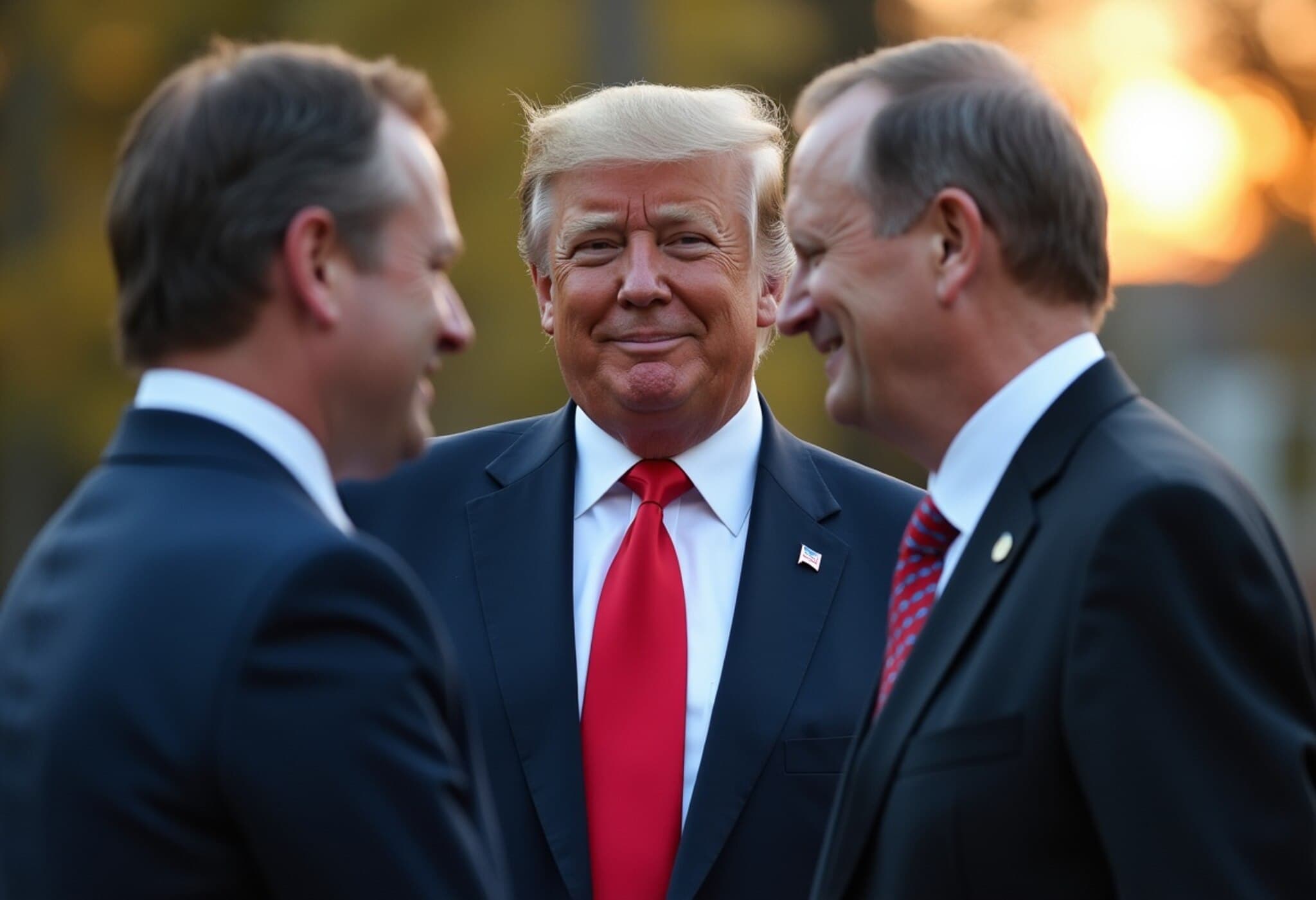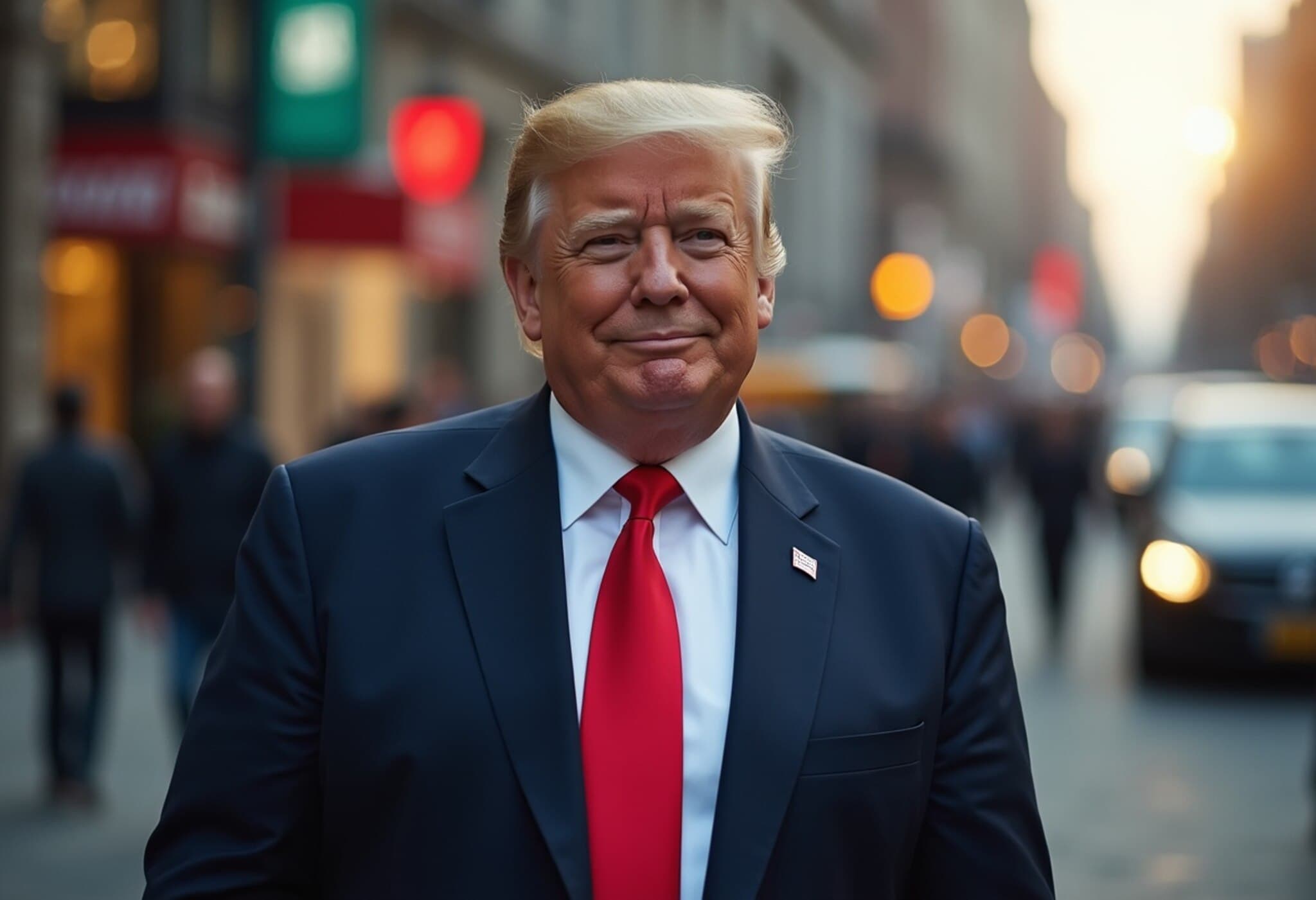Ukrainian President Faces Backlash Over Anti-Corruption Law Repeal
In a dramatic political turn last month, Ukrainian President Volodymyr Zelenskyy reversed a controversial law that sought to curtail the powers of the nation’s vital anti-corruption agencies. This decision came on the heels of massive public protests that exposed cracks in the once-solid trust Ukrainians placed in their wartime leader.
From Trust to Turmoil: The Public Reaction
For years, the Ukrainian public had largely stood firmly behind Zelenskyy, rallying around him as he led the country’s daunting struggle against Russian aggression. Despite the suspension of certain civil liberties during martial law, citizens had maintained a wary but respectful trust in his leadership. However, the swift passage of legislation limiting the National Anti-Corruption Bureau (NABU) and the Specialized Anti-Corruption Prosecutor’s Office (SAPO) proved to be a tipping point.
Thousands of demonstrators took to the streets of Kyiv and other cities in early July, demanding transparency and accountability amid fears that the law threatened the hard-fought gains against endemic graft. Tetiana Shevchuk, board member of the Anti-Corruption Action Center, emphasized, “People will support Zelenskyy in the war effort, but the trust that he would act without outside interests has been damaged.”
What Sparked the Law—and the Outcry?
Zelenskyy justified the original legislation by stating it aimed to root out alleged Russian influence within anti-corruption agencies. Yet this claim lacked publicly presented evidence and was introduced so rapidly that many lawmakers and analysts criticized the opaque process. The populace, already sensitive after years of war-induced strain, saw this move as an overreach that jeopardized Ukraine’s democratic institutions during a critical period.
Political Fallout and Shifting Parliamentary Dynamics
The backlash from both Ukrainians and Western allies was swift. A Gallup poll revealed Zelenskyy’s approval ratings dropped from 84% in 2022 to around 66% in mid-2025, reflecting growing skepticism. Lawmakers expressed unease about their previous steadfast support for Zelenskyy-backed legislation; some admitted to voting for the law out of trust rather than conviction, underscoring a new era of parliamentary caution.
Oleksandr Merezhko, a member of Zelenskyy’s party, remarked, “If before bills supported by the president passed with implicit trust, now there is a presumption of mistrust. Parliament is waking up to its independent role.”
Corruption Allegations Within Zelenskyy’s Inner Circle
Compounding public concerns are recent corruption suspicions linked to figures close to Zelenskyy, such as Andriy Yermak, head of the presidential office, and notable associates like former Deputy Prime Minister Oleksii Chernyshov and businessman Tymur Mindich. These high-profile allegations intensify calls for transparent governance, raising critical questions about whether wartime exigencies have inadvertently shielded malfeasance.
The Western Perspective: Allies Weigh In
Ukraine’s European partners voiced serious apprehension over the proposed anti-corruption law, warning it might erode Kyiv’s credibility and imperil vital financial and military support. British Prime Minister Keir Starmer emphasized the importance of independent anti-corruption bodies during a call with Zelenskyy, while Germany’s Foreign Minister Johann Wadephul hailed the law’s repeal as a necessary step toward restoring trust.
These reactions highlight the delicate balance Ukraine must maintain between consolidating power to fight an existential conflict and adhering to democratic norms that underpin its long-term aspirations, including EU integration.
Looking Ahead: Challenges and Opportunities for Ukrainian Democracy
Zelenskyy’s swift reversal of the law and parliamentary endorsement of restoring NABU and SAPO powers demonstrate responsiveness to public will. However, the incident marks a watershed moment in Ukraine’s political landscape, reflecting an evolving, more assertive civil society unwilling to sacrifice democratic principles even under duress.
Experts caution that while national unity on security matters remains strong, the government must address corruption allegations transparently to broaden public trust beyond wartime solidarity. The way forward calls for nuanced governance that balances urgent defense needs with robust institutional integrity.
Editor’s Note
The Zelenskyy administration’s recent anti-corruption law saga underscores a critical juncture for Ukrainian democracy. As the nation fights external threats, it faces internal scrutiny demanding transparency and accountability—a reminder that safeguarding democratic institutions is as vital as defending territorial sovereignty. Observers should watch how Ukraine navigates this complex terrain, as the outcomes will shape not only domestic resilience but also international support for its future.

